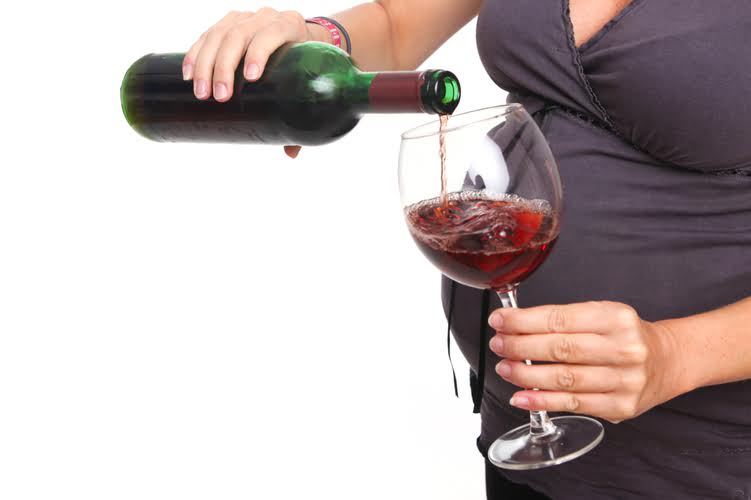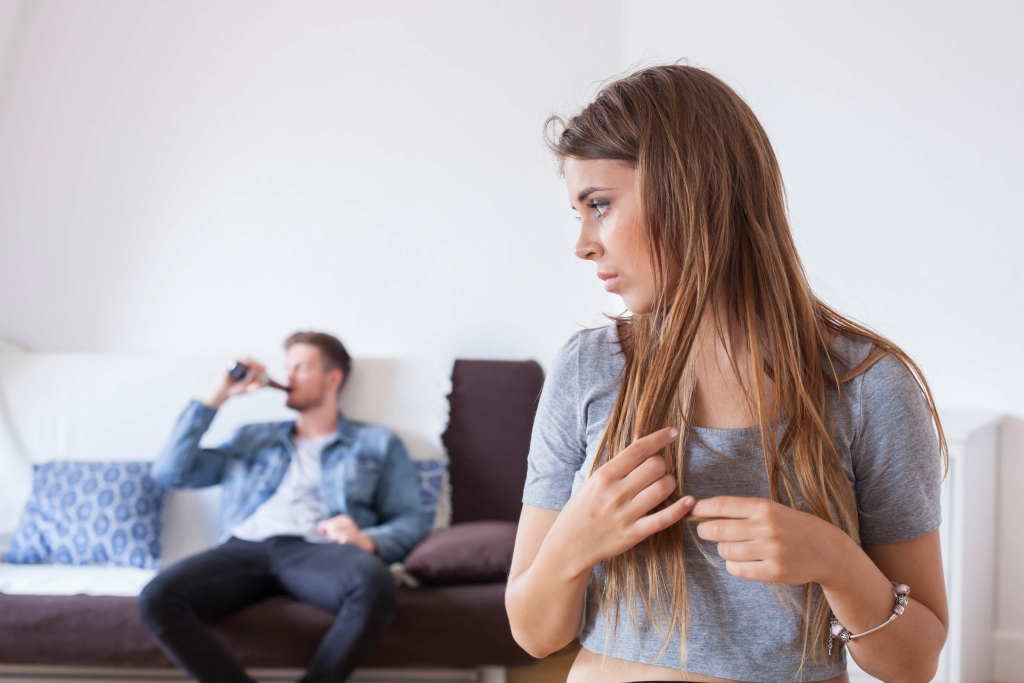“Once you fall asleep, and your body starts to metabolize alcohol, all of the negative effects begin.” Once the body has metabolised the alcohol, there’s often a “rebound effect” in which the body tries to compensate for the alcohol-induced changes in physiological functions and sleep. After drinking, there’s not much you can do to keep your sleep from being disrupted. If you made the decision to have that couple of glasses of wine or a couple of beers at night, you’re telling yourself that you’re putting your sleep quality at risk; that’s the tradeoff. In addition to impacting your cancer risk, alcohol also affects sleep does liquor help you sleep quality. Dr. Abhinav Singh, board certified in Sleep Medicine and Internal Medicine, is the Medical Director of the Indiana Sleep Center, which is accredited by the American Academy of Sleep Medicine.

The Real Reason Alcohol Makes You Sleepy—Plus, 7 Things That Help
- In our review on drinks to help you sleep, wine made the author fall asleep, but she was wide awake in the middle of the night.
- Many common medications can interact with alcohol, potentially leading to adverse effects or reduced efficacy of the medication.
- The research has found that drinking impacts every stage of sleep, leading to tossing, turning, and sometimes hangovers the next day.
- Alcohol also affects circadian rhythms – the 24-hour body clock that responds to environmental light cues in order to synchronise our sleep-wake cycle.
Knowing how much alcohol you can take can help you avoid having sleep problems after drinking. Because alcohol is a sedative it may make it easier to fall asleep. Unfortunately, overall sleep quality is impaired, some functions of sleep are prevented, and it can cause insomnia later in the night. Other times their insomnia is a little bit less problematic or their sleep apnea seems to be lesser.
Top 6 Bedtime Mocktails for Sleep
“When I gave up alcohol for one month, one of the most surprising epiphanies was my quality of sleep,” she says. Before taking the challenge, Sheinbaum says she used to sleep an average of five hours a night, often waking up in the middle of the night. Because it begins on January 1, some people participate in Dry January to kick-start a New Year’s resolution to cut back on alcohol. Other people use it as a way to reset after lots of holiday drinking.
Vivid dreams
Some individuals who drink before bed may be able to fall asleep faster, but if they enter deep sleep too quickly, it can affect REM sleep because it creates an imbalance between the sleep stages. The less REM sleep you get, the lower your sleep quality, which means sleeping for shorter periods of time and waking up throughout the night. On the one hand, alcohol can help you feel tired and put you to sleep faster. Drinking alcohol before bed has been linked to poor sleep quality, so experts recommend avoiding drinking for at least three hours before bedtime. This will give your body time to process and eliminate the alcohol before bed, so it’s less likely to affect your sleep quality. While it may help some individuals fall asleep faster, it tends to disrupt the sleep cycle alcohol rehab and can reduce the overall quality of sleep.
How much you drink and when you drink impacts sleep
That’s kind of, I guess the drug part of it that you’re talking about. CBTi, as offered by Sleepstation, could help if you’re experiencing alcohol-induced insomnia. The potential for insomnia treatment to influence alcohol-related consequences has significant implications for the prevention and treatment of problematic alcohol use among young adults. These impairments could mean the danger signs related to substance use — and excess alcohol consumption — are missed. We all know someone who feels merry following their first drink and we know others who appear unfazed by pint after pint.

Safe Practices for Alcohol Consumption and Recovery
- While it may take longer for sleep and circadian rhythms to return to normal in people who drink more often in higher amounts, quitting alcohol can help.
- This can result in more frequent awakenings and a less restful night overall.
- People suffering from depression may already have disrupted circadian rhythms, and the presence of even moderate amounts of alcohol may push those rhythms further out of sync.
Insomnia and other sleep disturbances are commonly observed in individuals with depression, and alcohol use can exacerbate these symptoms. The most important stage within NREM sleep is stage three, also known as slow-wave sleep. It’s also linked to creativity, insightful thinking, and memory. Alcohol has been shown to negatively impact sleep, but this comes down to the individual. Consuming alcohol and experiencing restricted sleep reduces alertness during the day. If you’re turning to alcohol to help you sleep, you may be making the quality of your sleep worse.
Finally, regular drinking has been linked to insomnia and other sleep disorders, especially later in life. It has a sedative effect that helps you relax and makes you drowsy, so you fall asleep faster. Whatever you want to call it, it’s hard to deny the exhausting epidemic affecting millions of people all over the world. People, as a whole, are getting less rest and are desperately turning to pills or other aids as a result.
